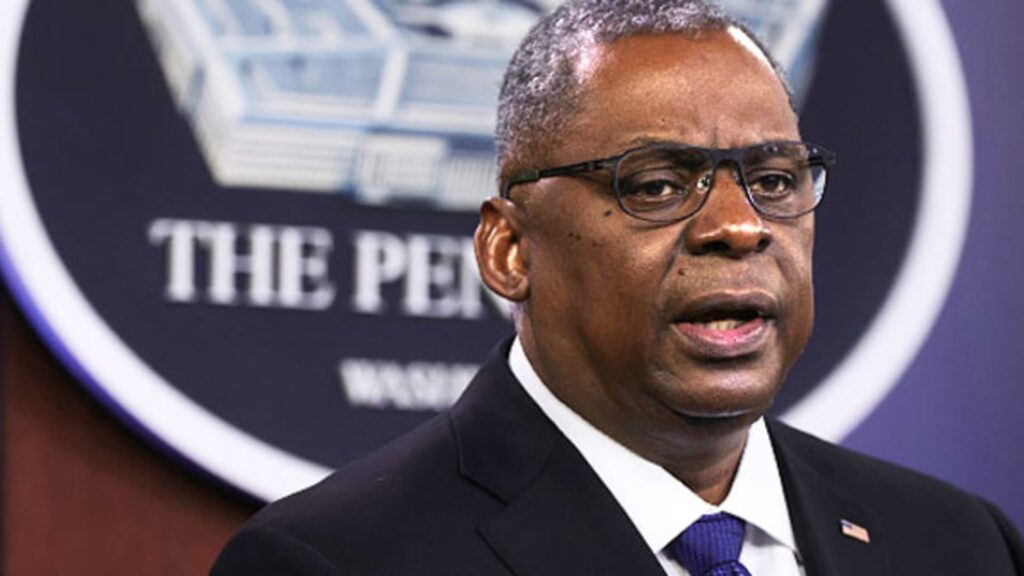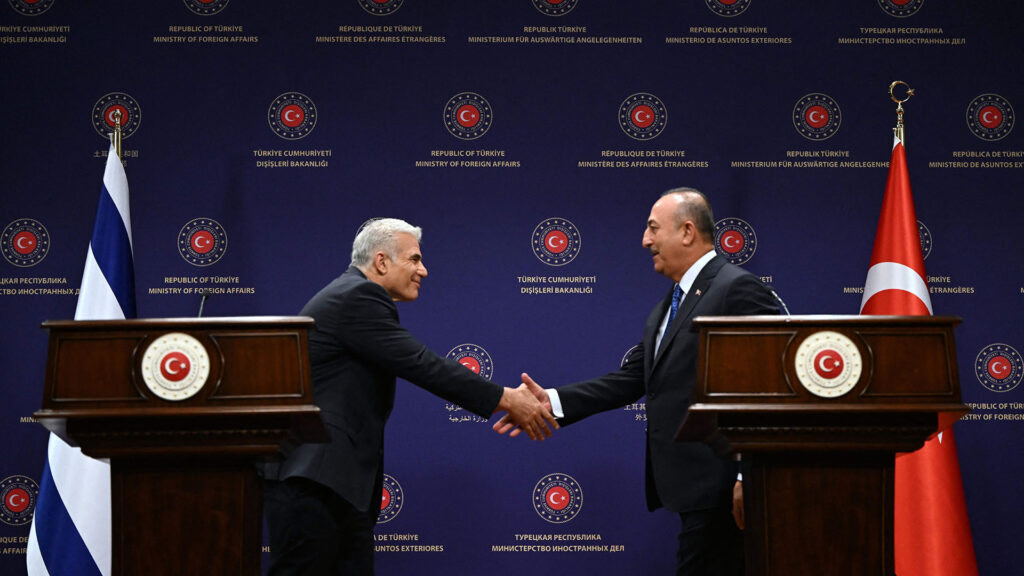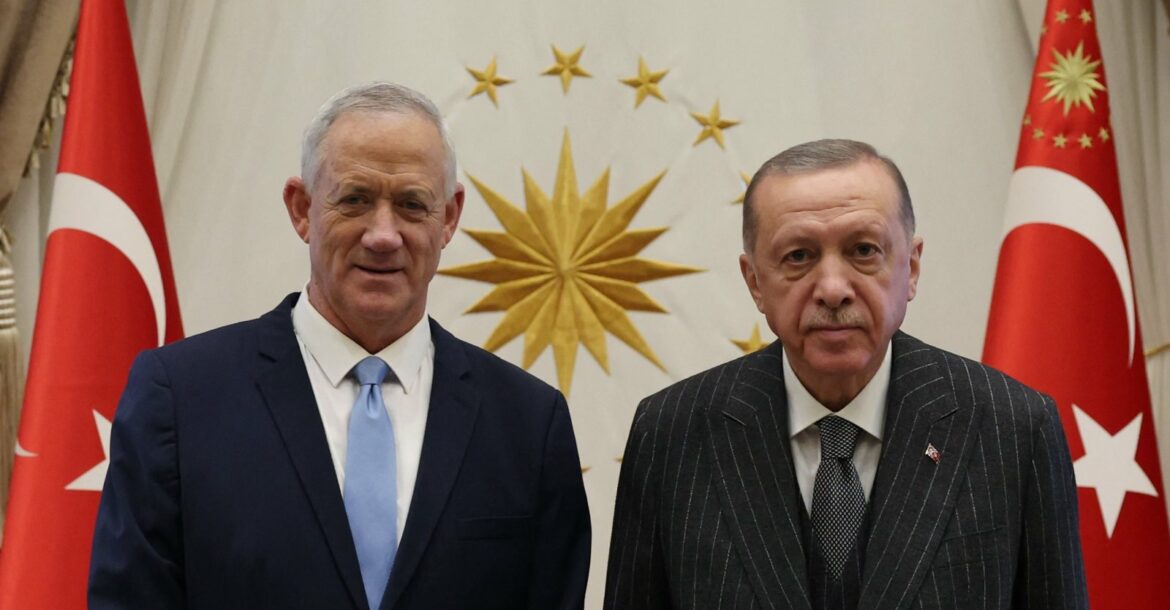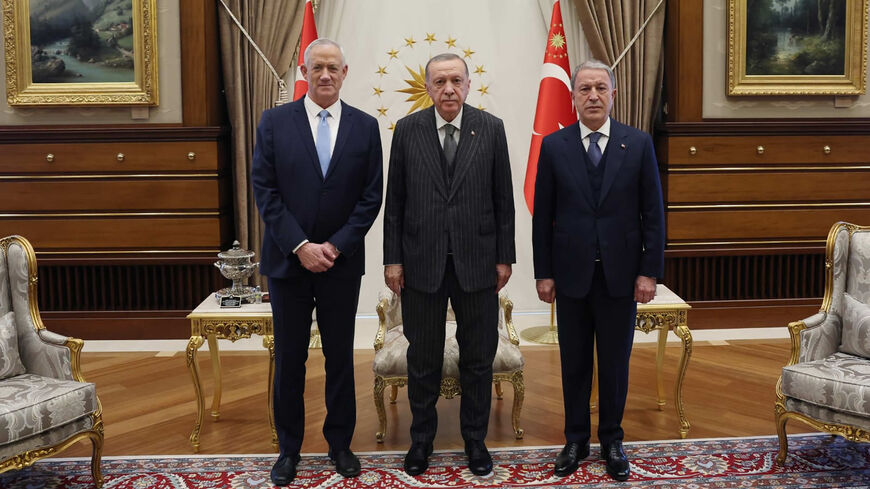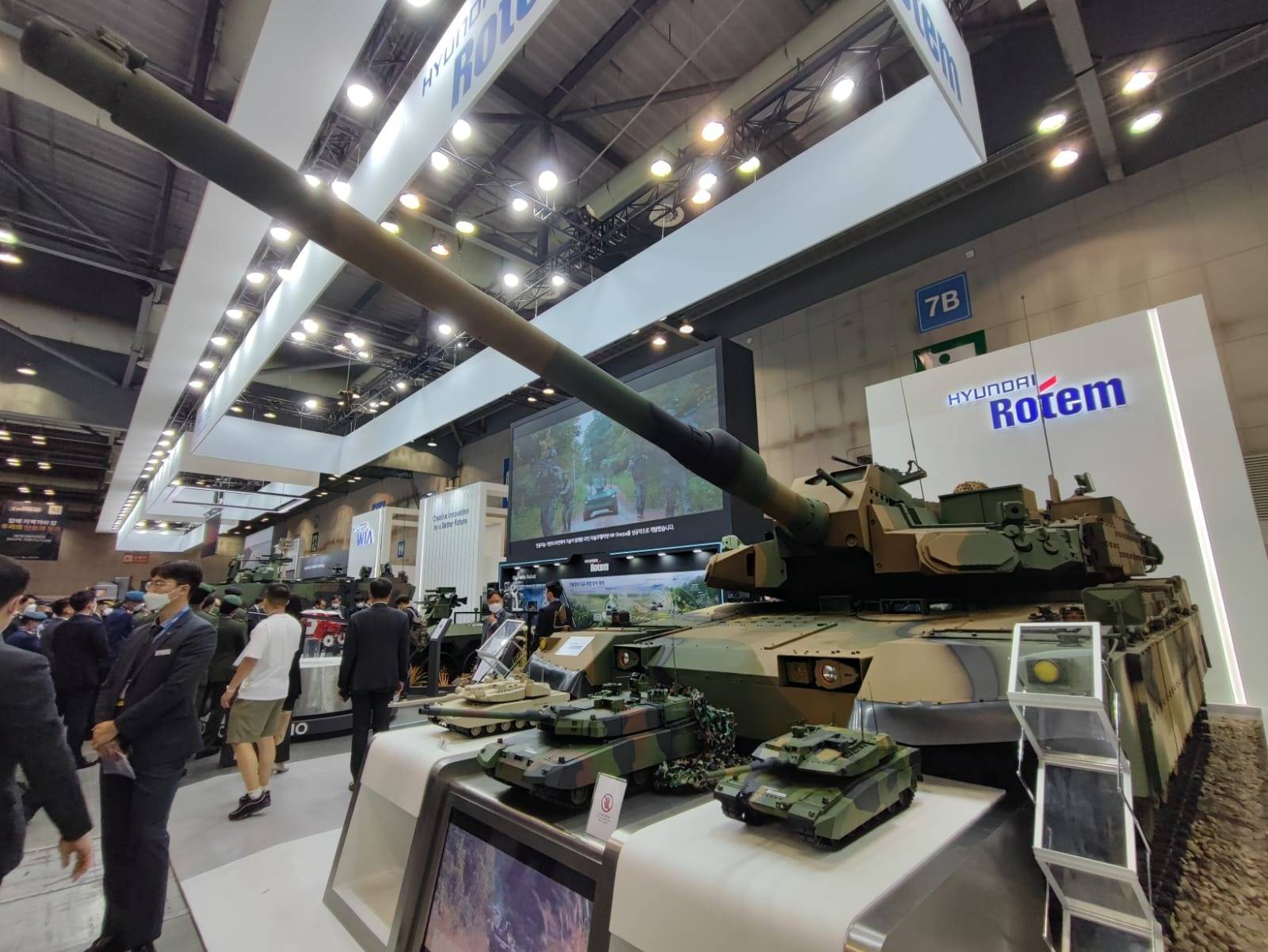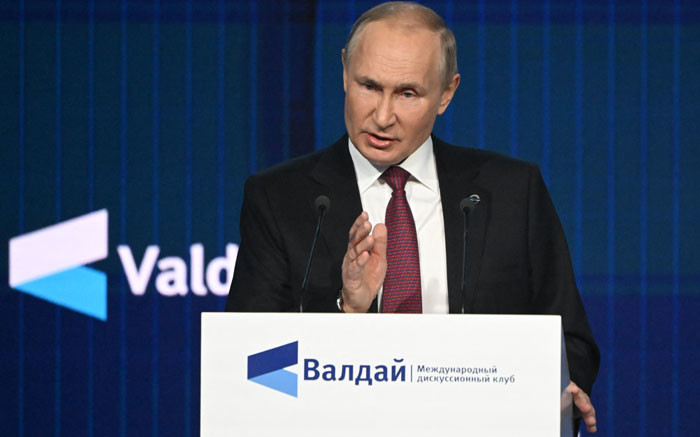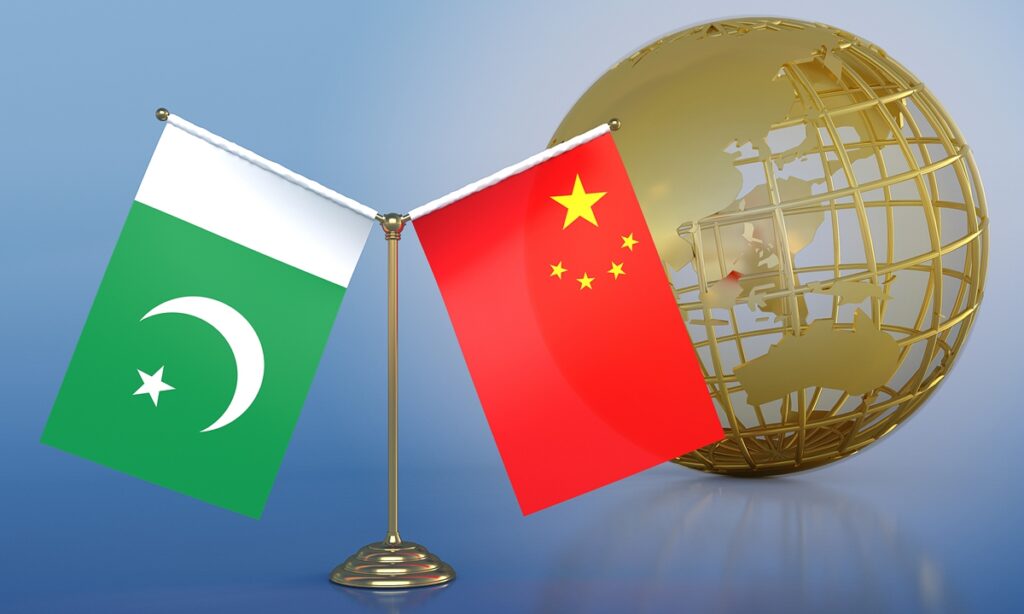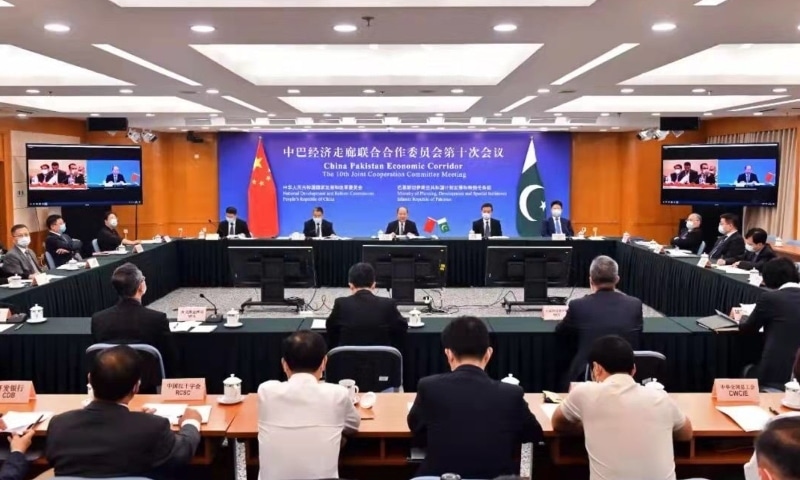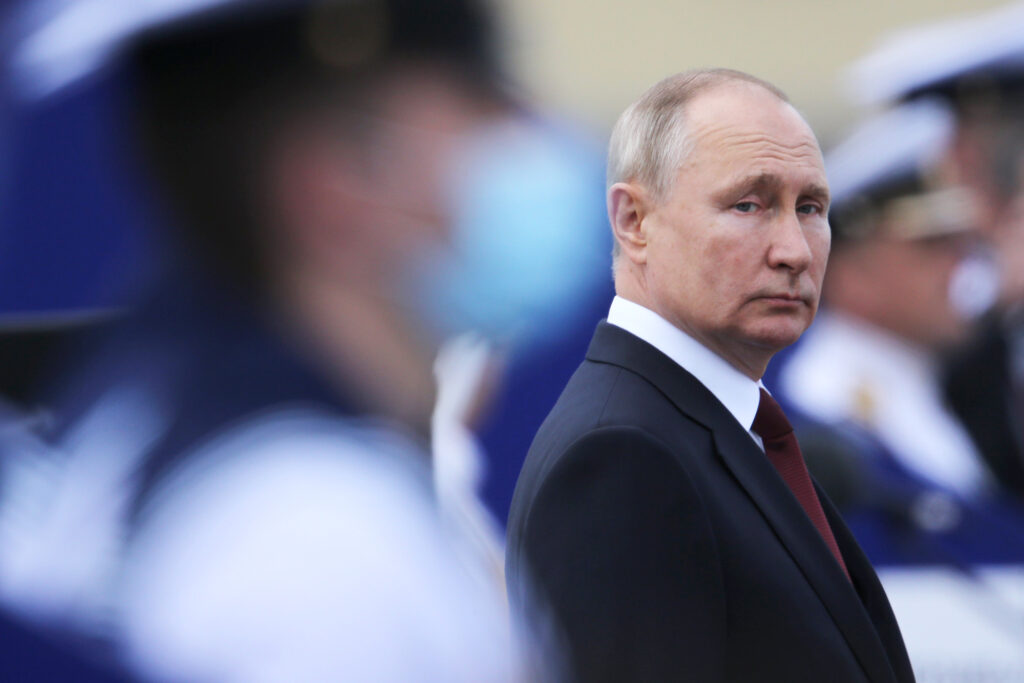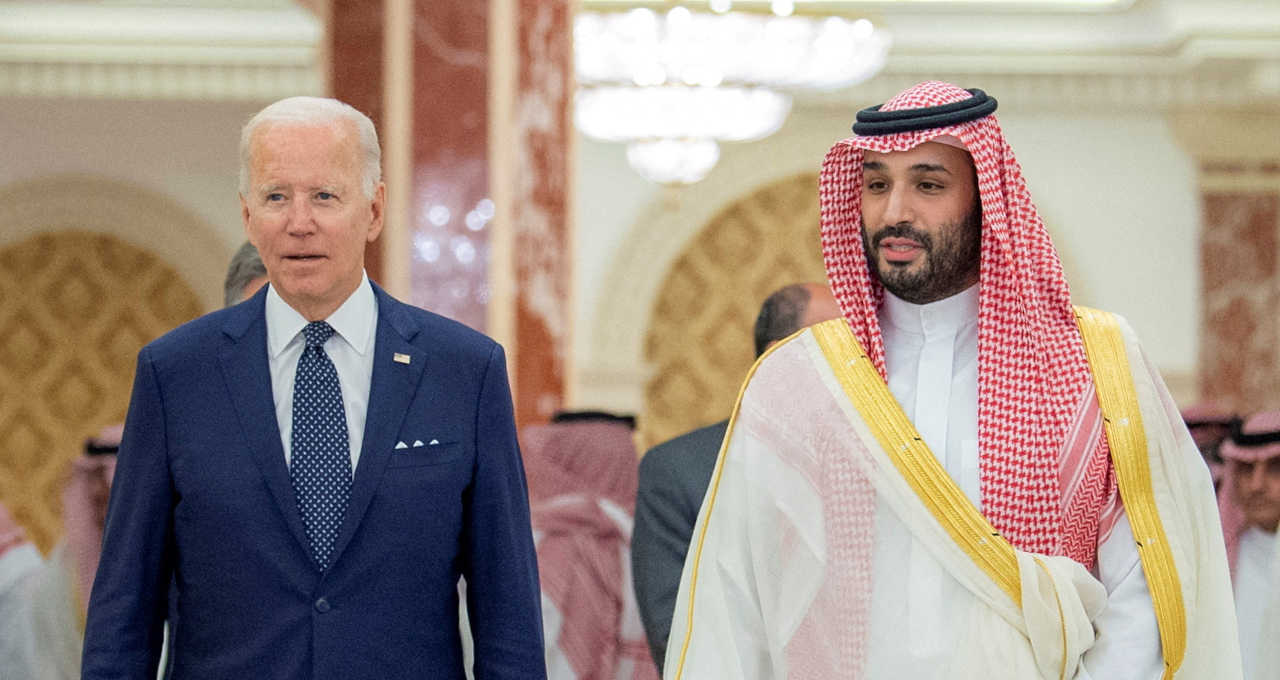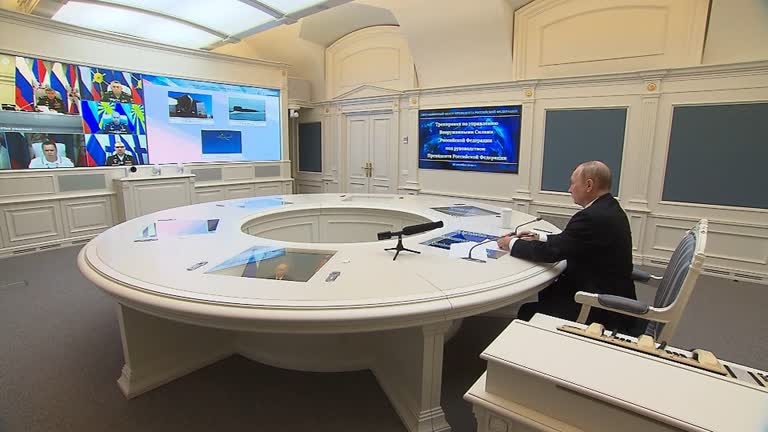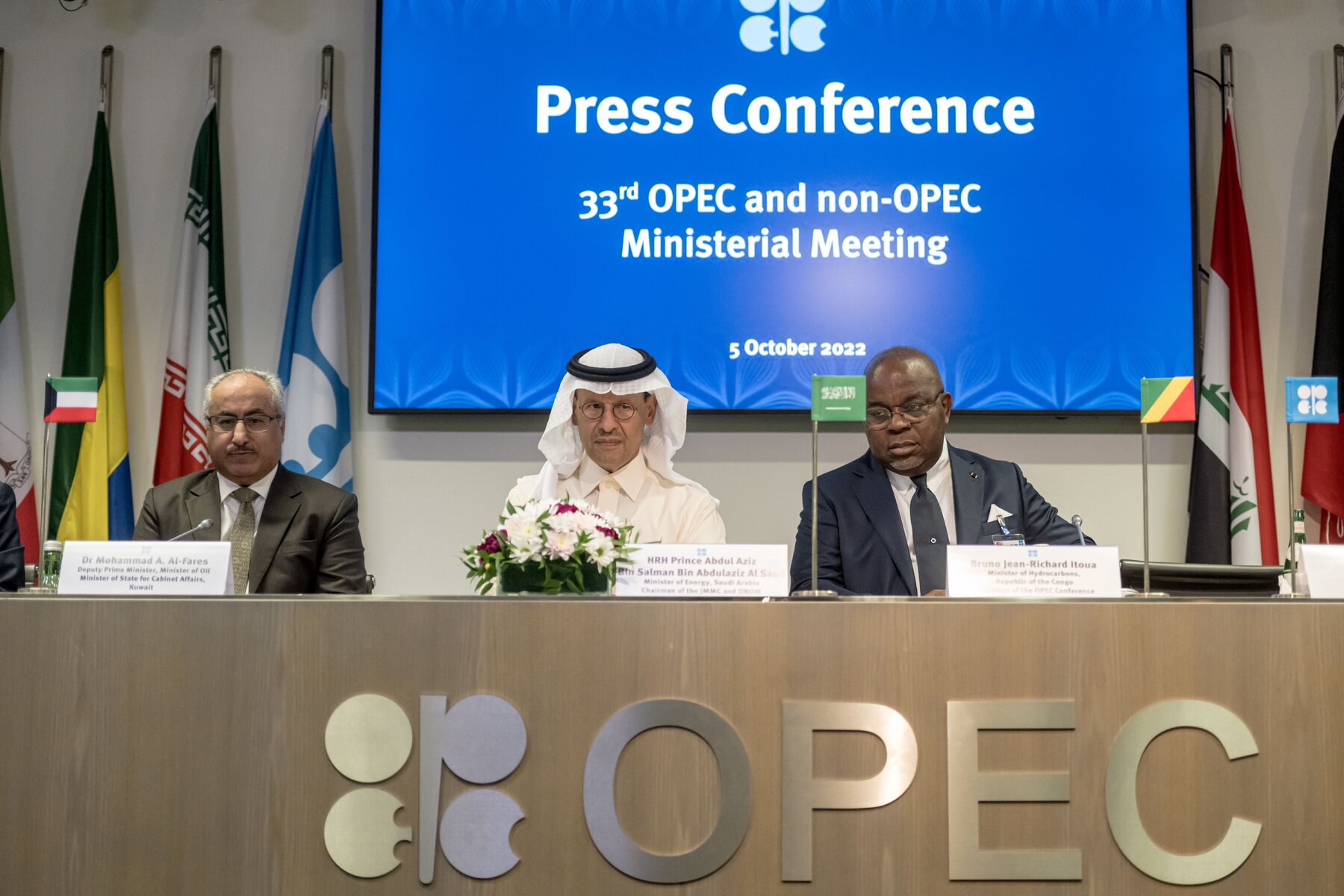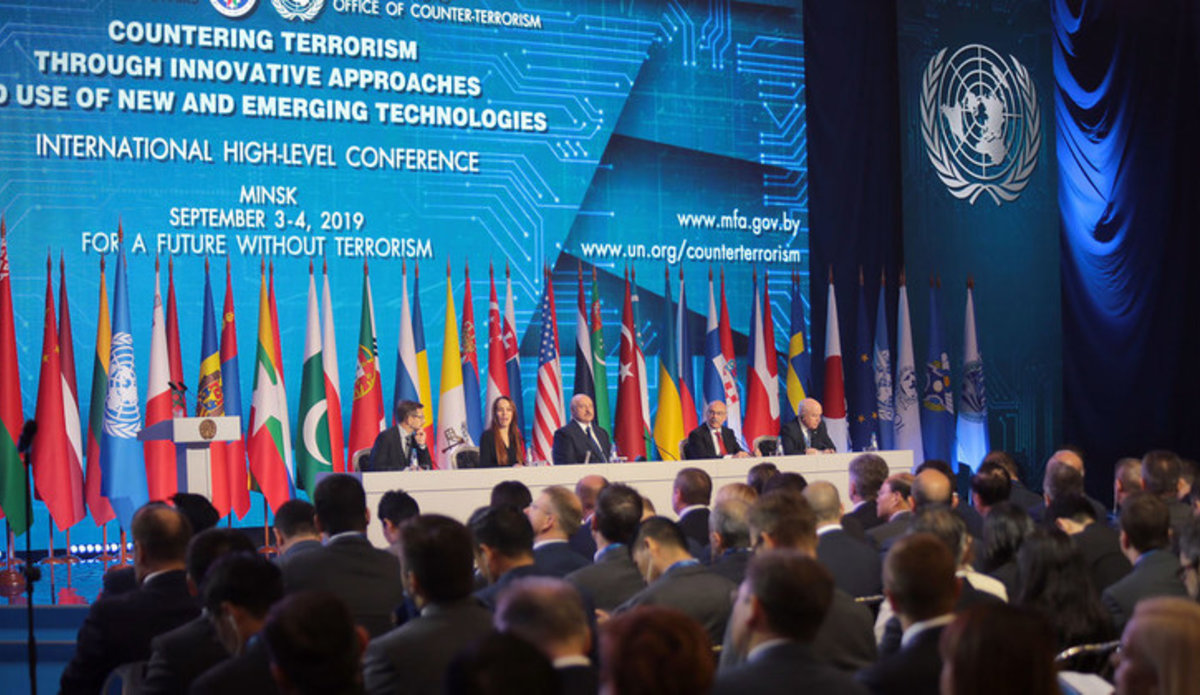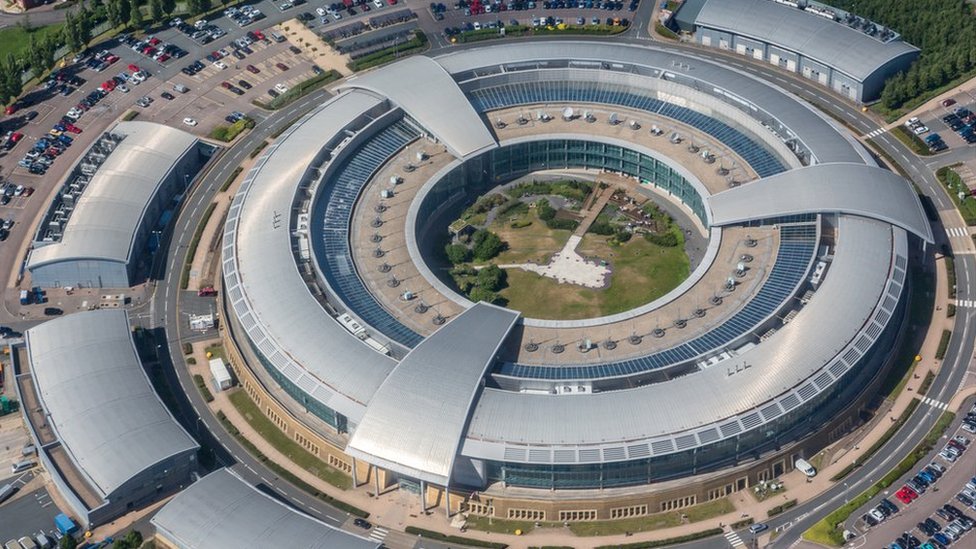The People’s Republic of China (PRC) continues to be the United States’ most “consequential strategic competitor for the coming decades,” according to the National Defense Strategy (NDS), which was published on October 27, 2022. This report, which is created every four years, identifies dangers to the US and provides the Department of Defense with long-term direction.
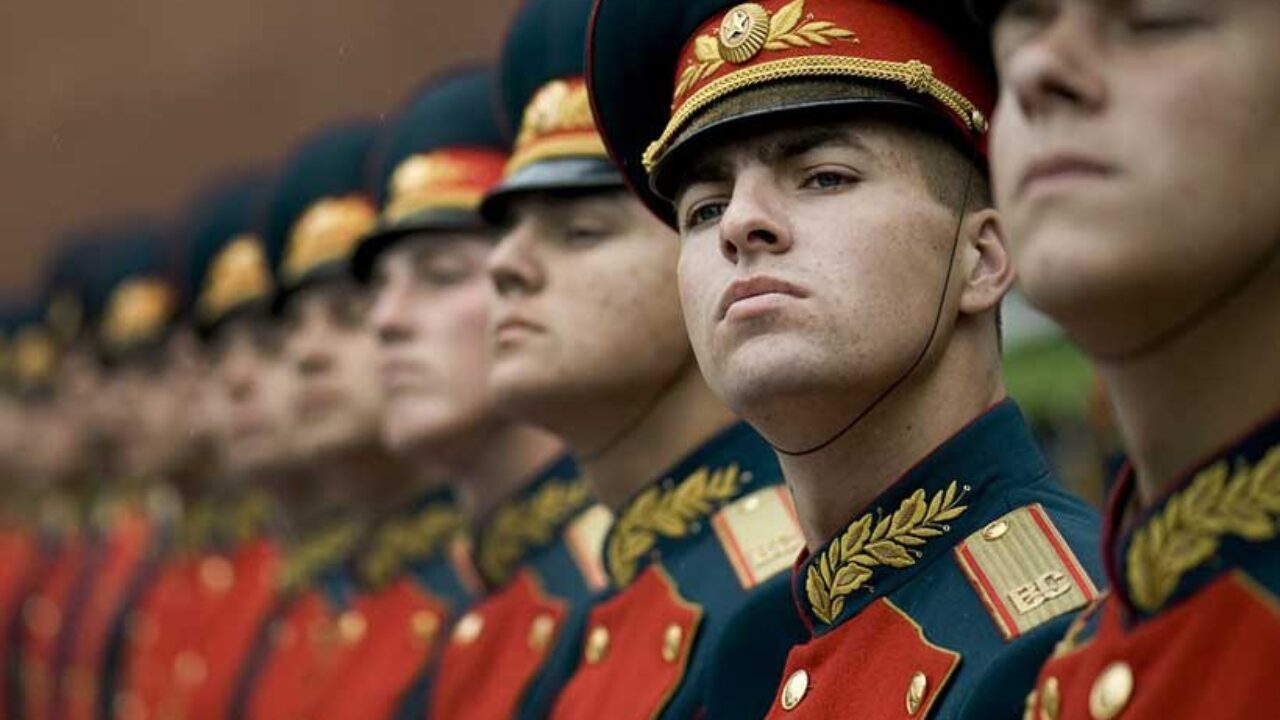
China is cited by the Pentagon as the most “comprehensive and serious challenge” to US security in the National Defense Strategy that lists threats. China was identified by US Secretary of Defense Lloyd Austin as the biggest threat to the US, followed by Iran, North Korea, and Russia. Pentagon also demanded an immediate increase in deterrence against Beijing. The People’s Republic of China’s coercive and increasingly aggressive endeavour to redefine the Indo-Pacific region and the international system to accommodate its interests and authoritarian preferences, the report said, is “the most extensive and significant challenge to US national security,” and it goes on to say that China’s People’s Liberation Army (PLA) is developing its conventional as well as cyber and space capabilities.
In order to be able to project military power worldwide, the report stated that the PRC is also increasing the PLA’s worldwide footprint and aiming to develop a more comprehensive overseas and basing infrastructure. The PRC is speeding up the upgrading and expansion of its nuclear capabilities concurrently.
According to Lloyd Austin, the secretary of Defence, “All three of the department’s key strategic reviews—the NDS, the nuclear posture review, and the missile defence review—were undertaken simultaneously for the first time in its history. The United States is committed to updating its nuclear triad, a military posture that maintains launchable nuclear weapons on platforms in the air, sea, and land. According to Austin, the main purpose of US nuclear weapons is to prevent nuclear attacks on the US, US allies, and US partners. One programme for nuclear-armed, sea-launched cruise missiles has been halted by the Pentagon because Austin deemed it unnecessary.
Austin forewarned that if Russia did use tactical nuclear weapons in Ukraine, there would be a “very strong response from the international community.” This follows the emergence of such fears. Russian President Vladimir Putin has suggested using nuclear weapons, but US officials have stated they do not perceive a change in Moscow’s nuclear posture and called Putin’s suggestion of using nukes as irresponsible. Russia was referred to as a “acute threat” to the US in the National Defense Strategy. Austin remarked, “We chose the term ‘acute’ with consideration.” He added, “Unlike China, Russia cannot pose a sustained systemic threat to the US. However, Russian aggression does present a direct challenge to our principles and interests. And Putin’s rash war of choice against Ukraine has made it obvious, posing the biggest threat to European security since the end of World War II.
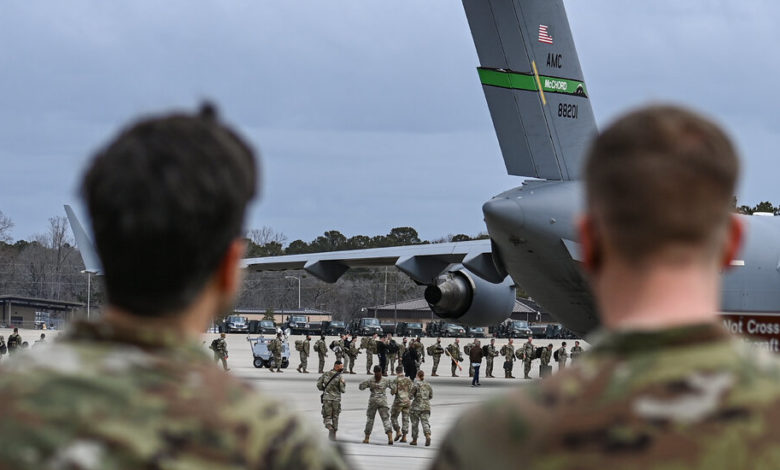
The report cited dangers from Iran, North Korea, and violent extremist organisations in addition to those from Russia and China. It stated that “Iran is taking steps that would increase its ability to produce nuclear weapons should it decide to do so, even as it develops and exports extensive missile forces, uncrewed aircraft systems, and advanced maritime capabilities that threaten chokepoints for the free flow of energy resources and global trade.” On the contrary, Iran denies wanting a nuclear weapon despite ongoing anti-government demonstrations. Iranian and American diplomatic efforts to revive the 2015 nuclear agreement, which saw Iran curtail its nuclear programme in exchange for the lifting of international sanctions, have stalled lately.
The assessment was nevertheless published two weeks after the White House issued a report of a similar nature in its National Security Strategy, in which it was stated that China was the only rival with the intention and, increasingly, the financial, diplomatic, military, and technological clout to alter the international order. It may be claimed that US President Joe Biden, like his predecessor Donald Trump, sees China as the US’s biggest geopolitical adversary. Additionally, relations between Beijing and Washington have deteriorated recently due to a number of causes of contention, such as trade disputes, Taiwan’s legal status, maritime claims in the South China Sea, and a continuous US campaign against expanding Chinese dominance in the Indo-Pacific.
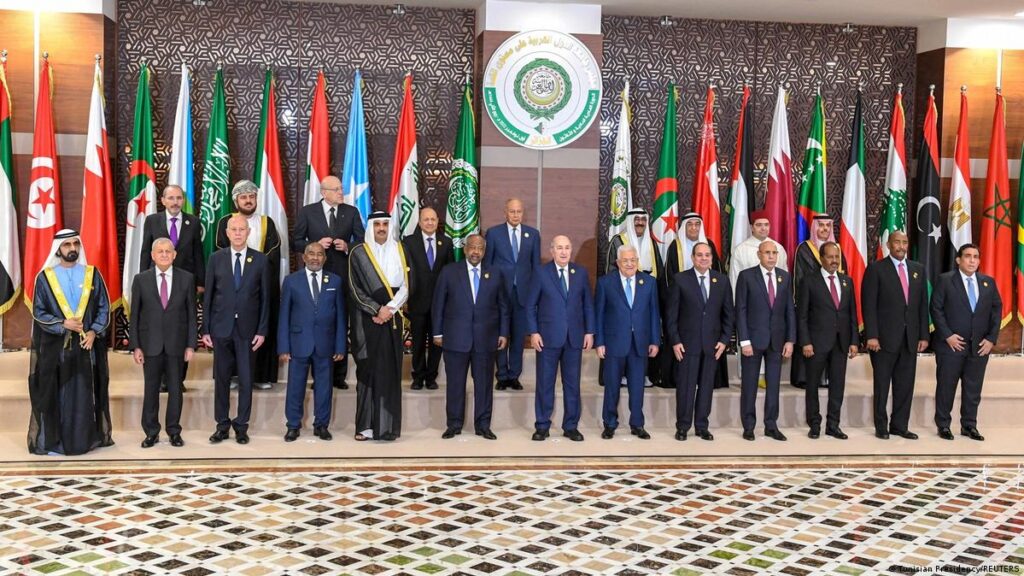
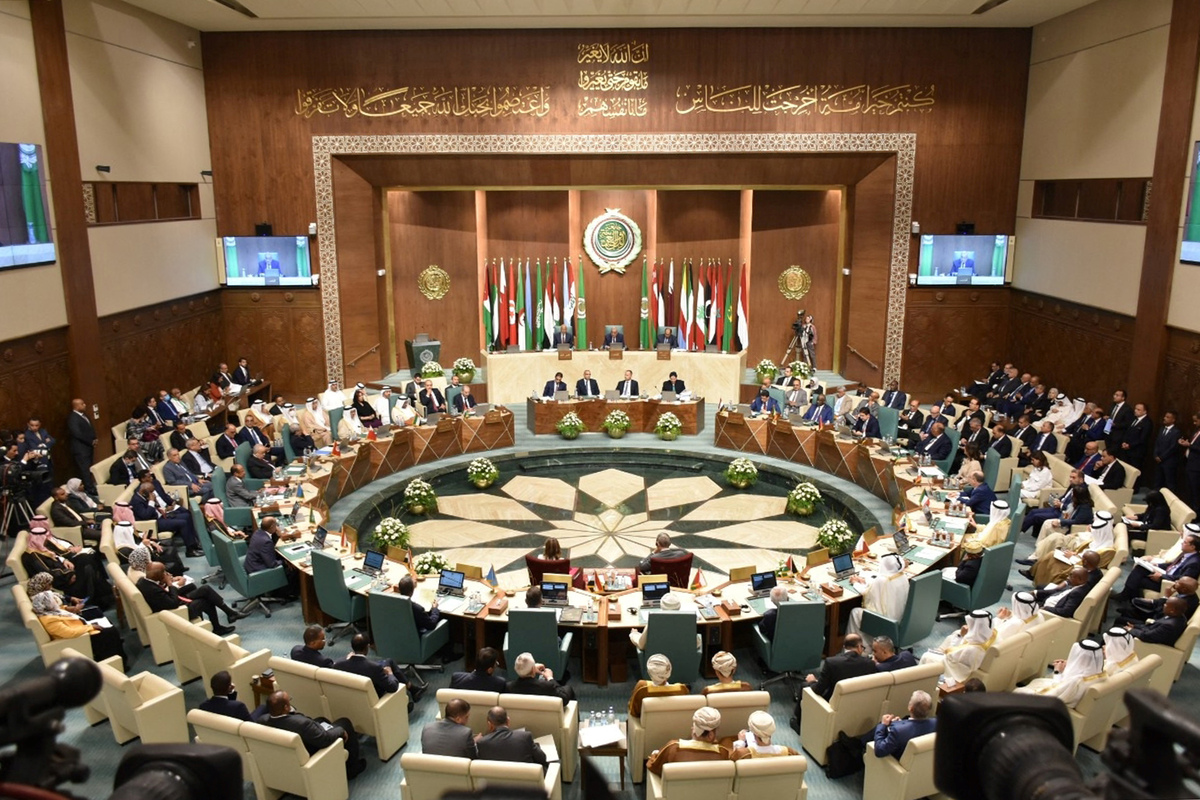
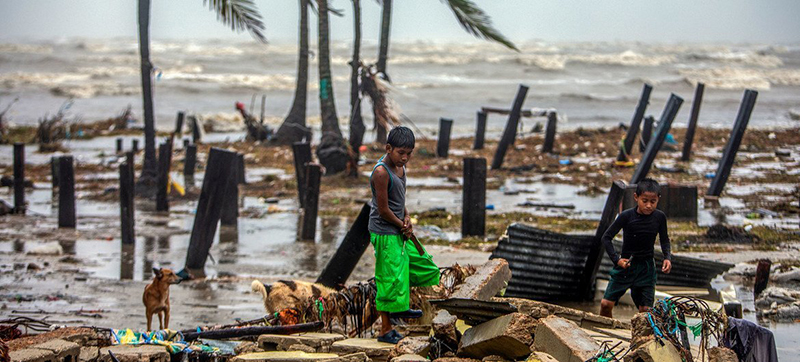
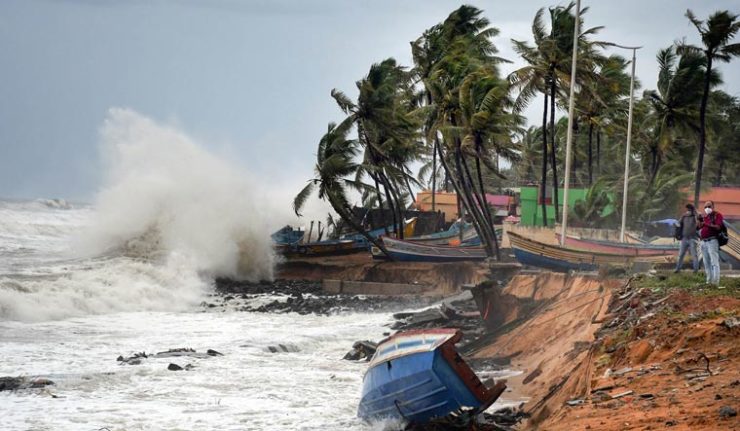
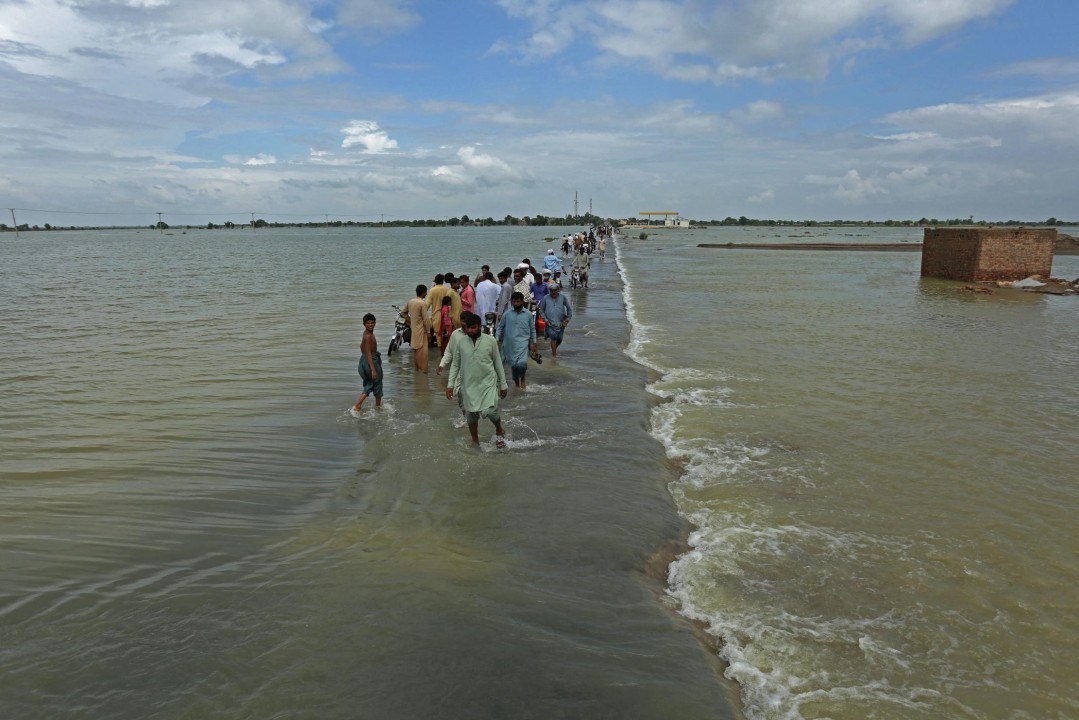
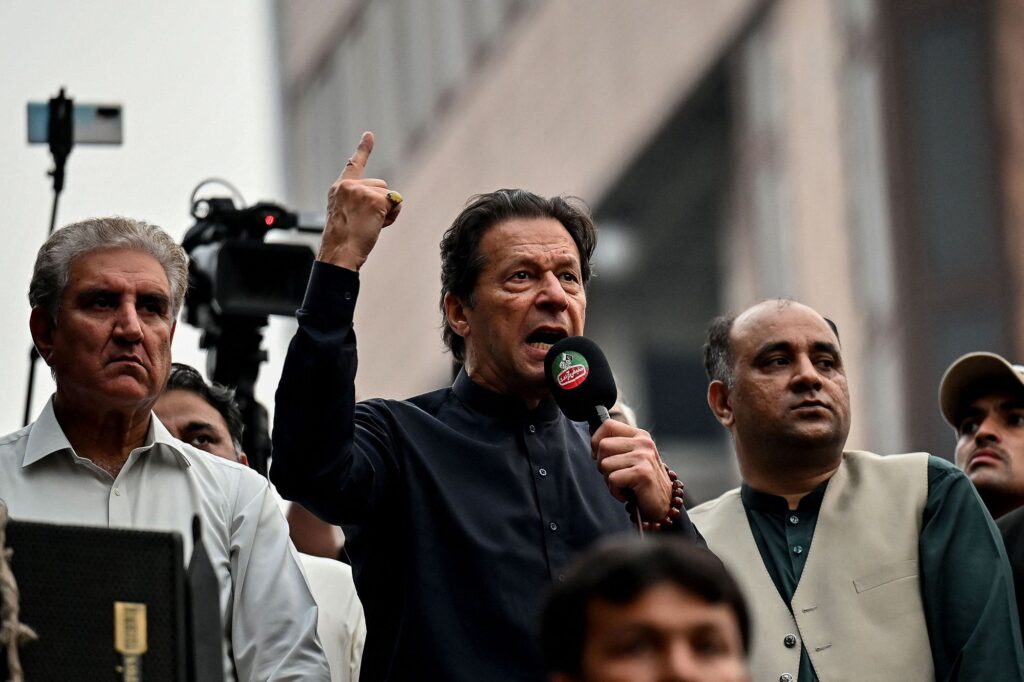
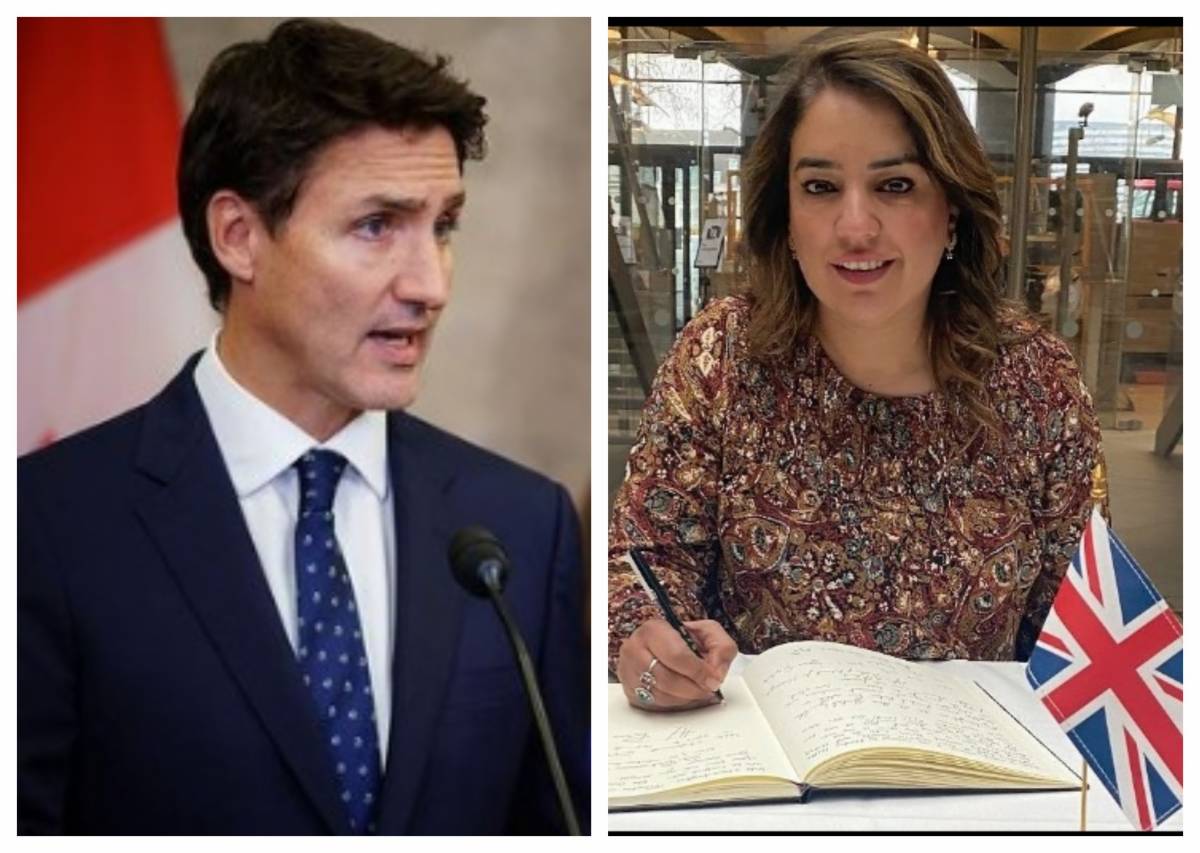 The assassination attempt on former Prime Minister Imran Khan was denounced by numerous other foreign leaders, including Canadian Prime Minister Justin Trudeau. “I strongly condemn this violence and utterly reject the attack on Imran Khan and his followers. It has no place in our culture, in politics, or in any democracy. Imran and all those hurt today deserve a quick recovery, Trudeau tweeted on his official Twitter account.
The assassination attempt on former Prime Minister Imran Khan was denounced by numerous other foreign leaders, including Canadian Prime Minister Justin Trudeau. “I strongly condemn this violence and utterly reject the attack on Imran Khan and his followers. It has no place in our culture, in politics, or in any democracy. Imran and all those hurt today deserve a quick recovery, Trudeau tweeted on his official Twitter account.